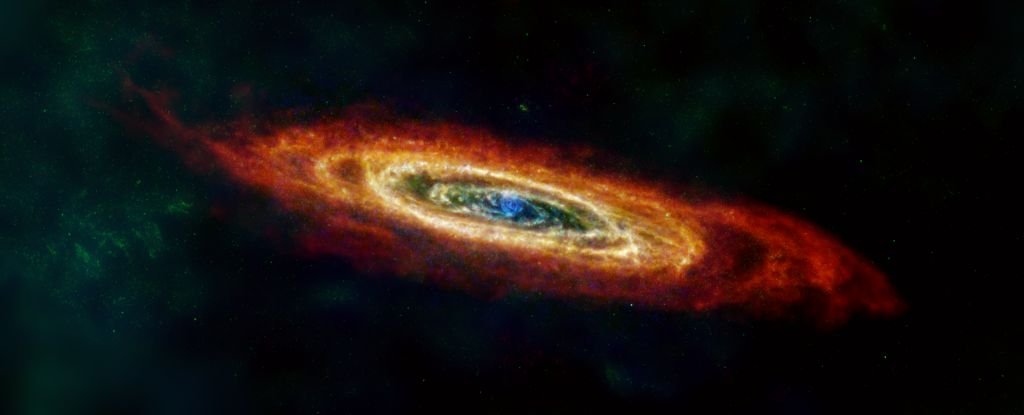
It appears that sometimes stars fail to explode as supernovae and instead turn directly into black holes.
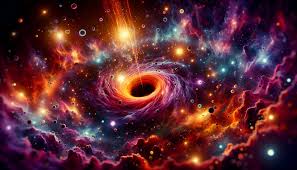
If the hypothesis that black holes are related to dark energy is proven correct, it would revolutionize conventional knowledge about black holes and dark energy.
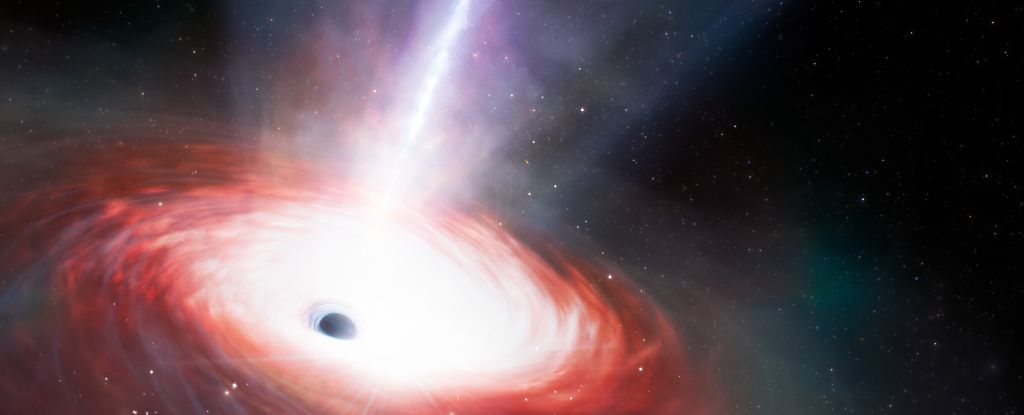
Sitting in the middle of a galaxy called LID-568, this black hole, as seen just 1.5 billion years after the Big Bang, appearing to guzzle down material at a jaw-dropping rate of over 40 times a theoretical maximum known as the Eddington limit.
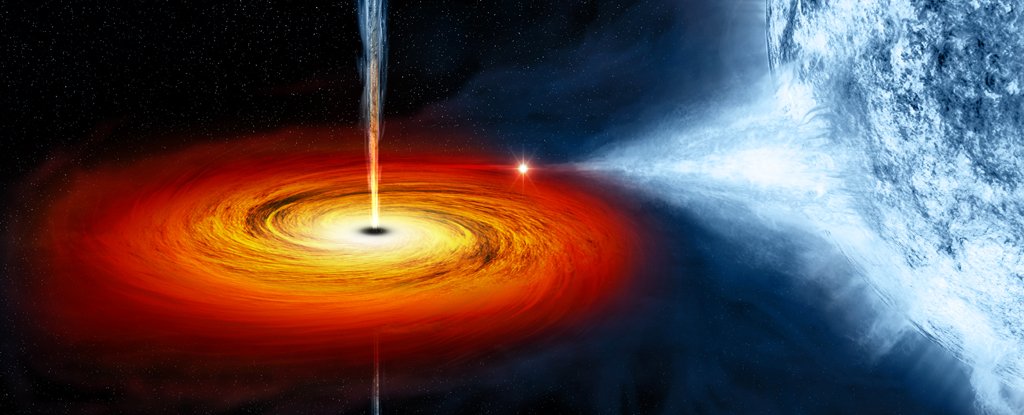
V4641 Sagittarii is a system about 20,000 light-years from Earth. Astronomers have now detected photons from V4641 Sagittarii carrying energies of up to a staggering 200 teraelectronvolts (TeV).
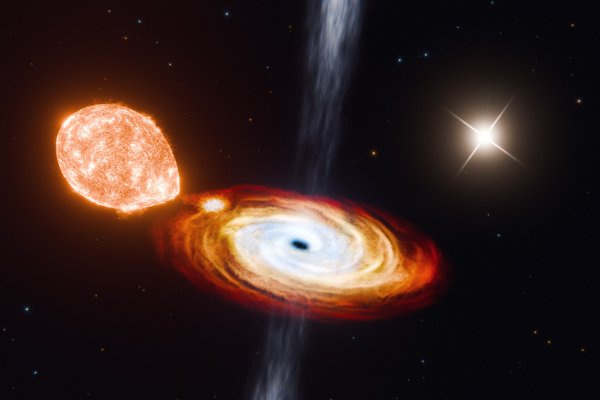
In this system, called V404 Cygni, the black hole is consuming a small star that is spiraling in very close and fast while a newfound third star circles the black hole from much farther away.
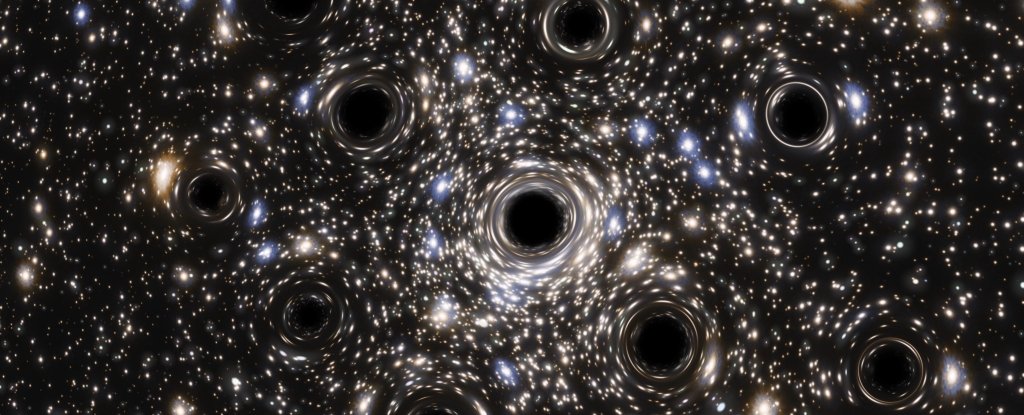
A fluffy cluster of stars spilling across the sky may have a secret hidden in its heart: a swarm of over 100 stellar-mass black holes.

Researchers at MIT suggest that the microscopic "primordial black holes" could be blasting through our solar system at least once a decade.

The latest discovery used the Hubble Space Telescope (HST) to spot three bright, visible light 'hot spots' deep inside a pair of colliding galaxies.
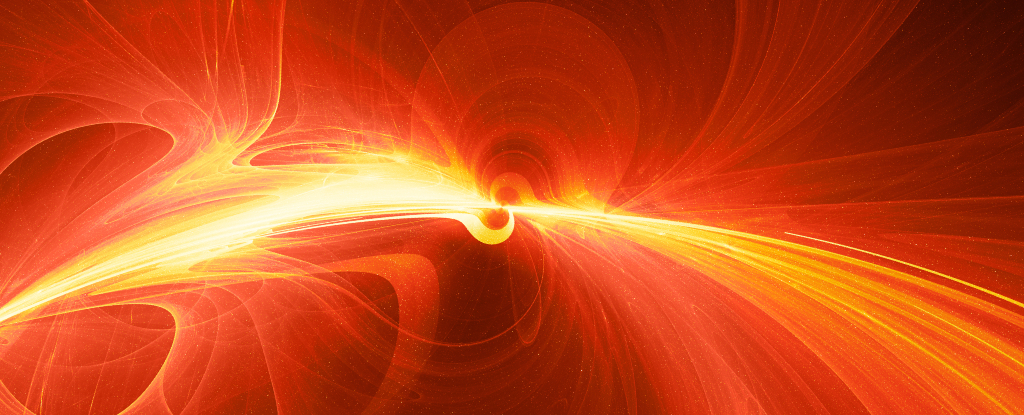
Although our Universe may seem stable, having existed for a whopping 13.7 billion years, several experiments suggest that it is at risk - walking on the edge of a very dangerous cliff.

Dark matter could provide supermassive black holes the brakes they need to bring them crashing together at the end of a long, spiraling journey towards their destiny.

Astronomers have found evidence for an intermediate-mass black hole in IRS 13, a population of dusty stellar objects within the nuclear star cluster of our Milky Way Galaxy.
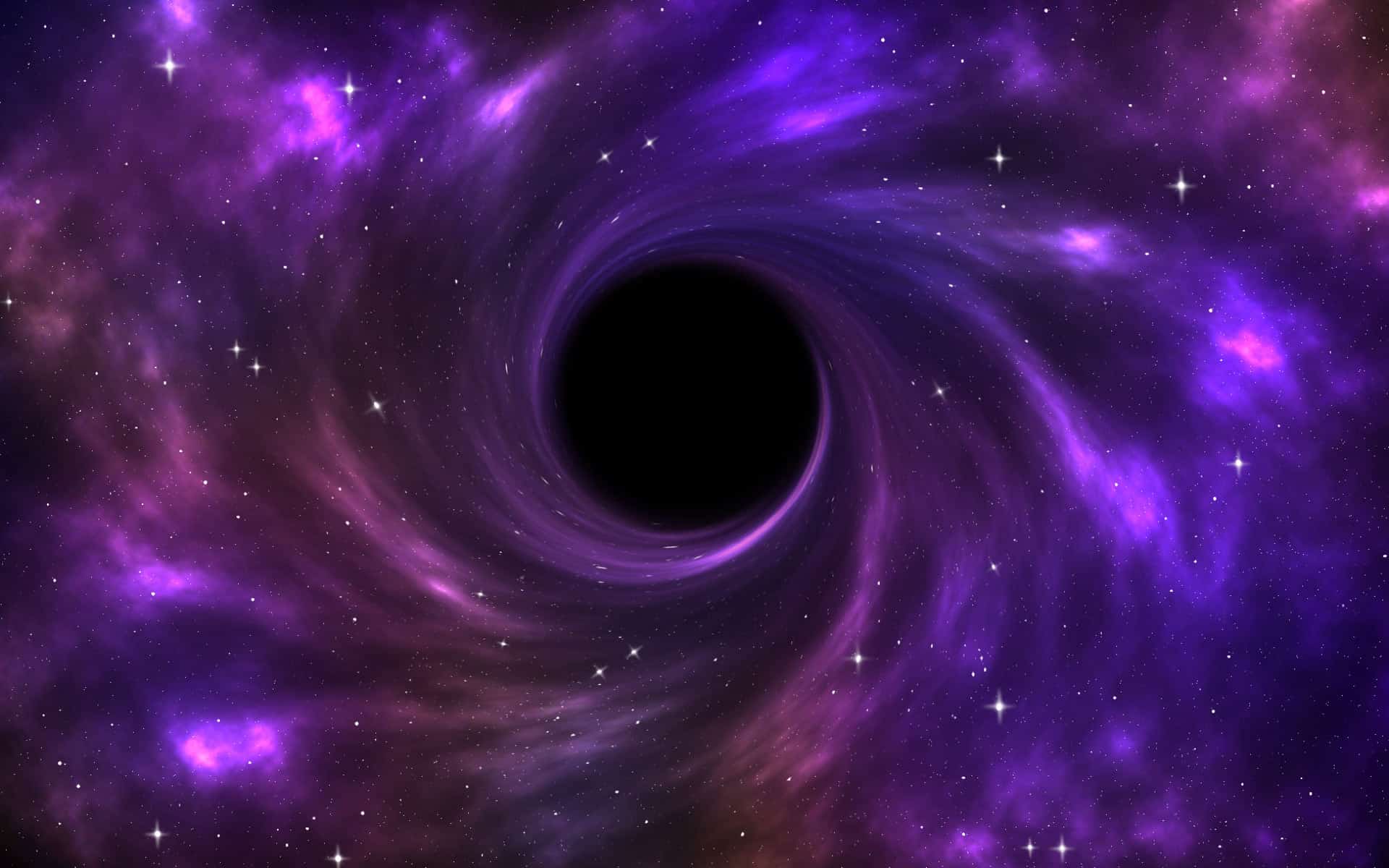
An international team of astronomers has detected seven fast-moving stars in Omega Centauri region. These stars provide compelling new evidence for the presence of an intermediate-mass black hole.
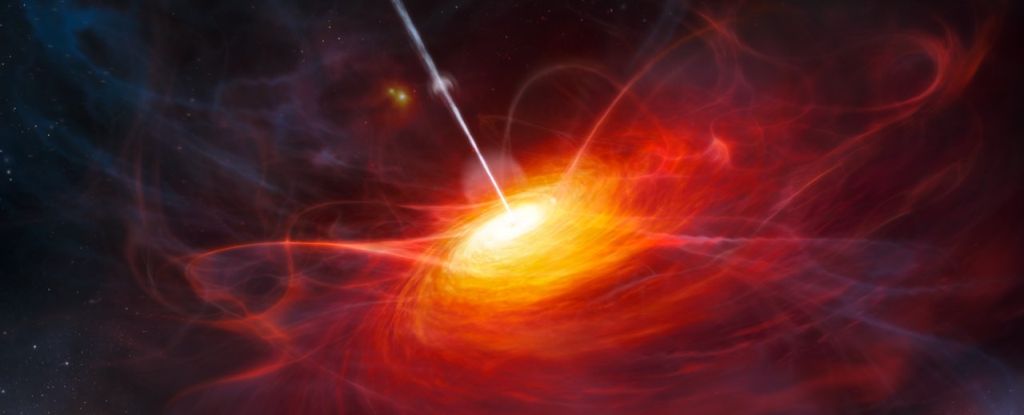
A black hole discovered lurking in the Cosmic Dawn is just way too big to easily explain.
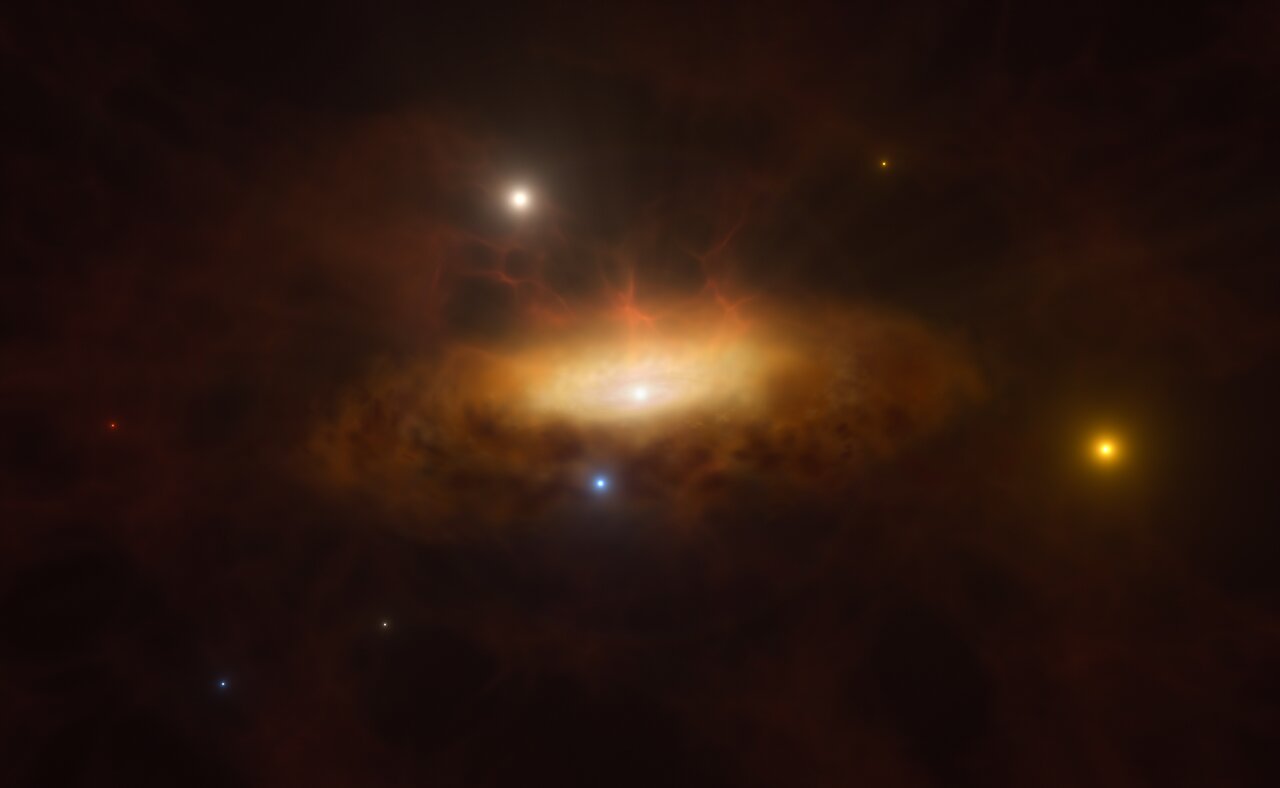
In late 2019 the previously unremarkable galaxy SDSS1335+0728 suddenly started shining brighter than ever before. To understand why, astronomers have used data from several space and ground-based observatories.
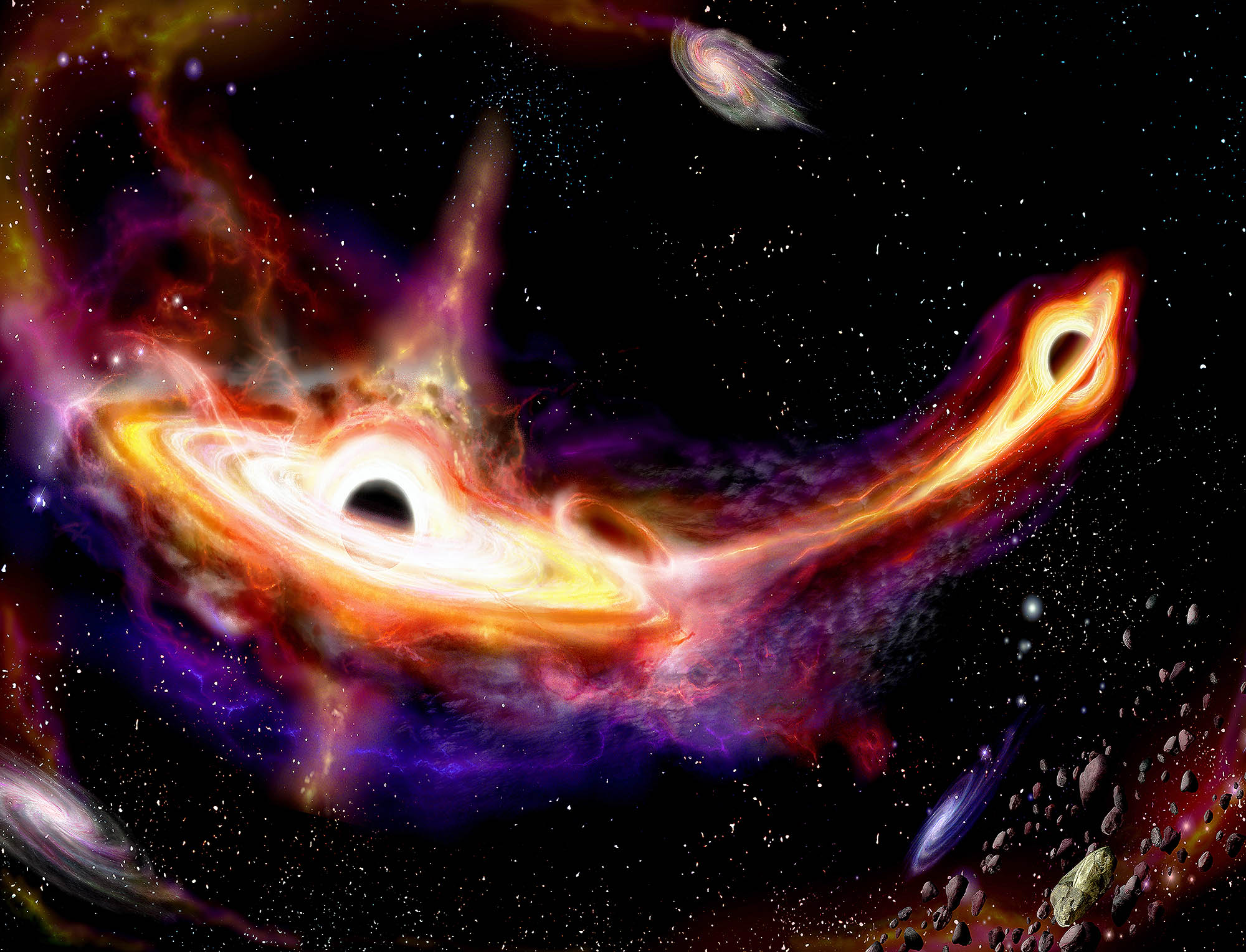
Astronomers discovered the first pair of merging quasars from the Cosmic Dawn, 900 million years after the Big Bang.